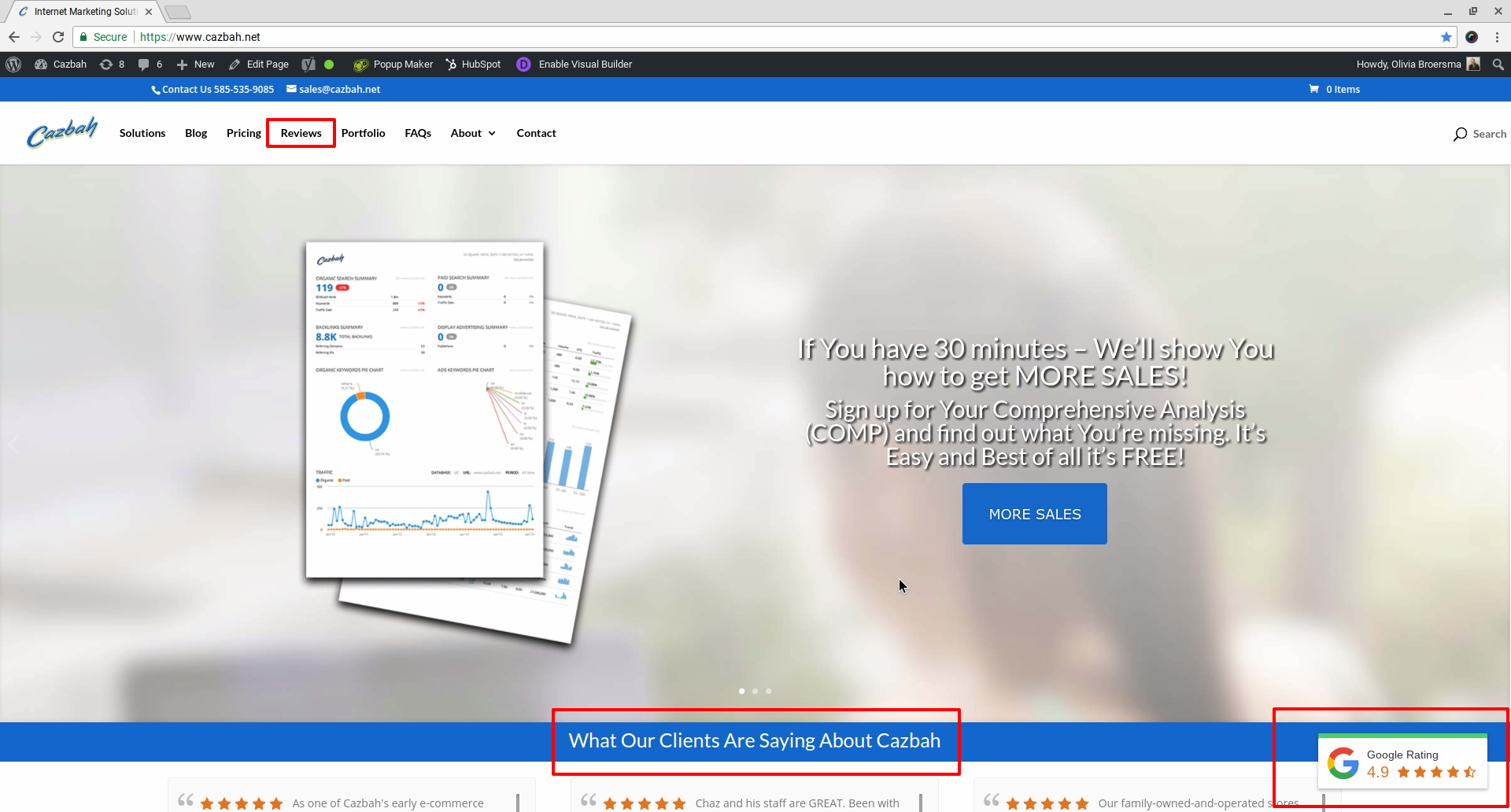
The reputation of any small business can mean the difference between a booming business based on satisfied customer referrals or, a going-out-of-business sign on the door because of the impact of negative word-of-mouth or bad publicity. Reputation management on the web is all about ensuring and maintaining the overall good name of your business on the Internet. These reputation management tools will help you maintain your brand name on the web and build your customer relations.
Customer Relations
Reputation management is not involved with trying to get-rid-of or hide those less than desirable reviews, nor should it. Rather, its principle focus is to figure out a tactful way to own-up to and fix the problems that you have with past or present dissatisfied customers.You’re only human and inevitably you will make some business mistakes that effect your customers but you don’t have to lose customers over them. If handled correctly, you may even be able to turn a bad review into a satisfied and loyal customer.
When a mistake occurs, it’s better to acknowledge it and act quickly to resolve it. Better yet, contact your customers if a mistake occurs and openly communicate with them your course of action. Your customers want to know you care and are working to resolve the problem. No one likes to be inconvenienced, but if you address the mistake and take the initiative first, they’re more likely to be understanding.
Comments, Reviews, and Ratings
The internet, and especially the comments and reviews sections, are considered prime reality for negative mentions.
Keeping up with every potentially negative comment that someone might make about your company online can be close to impossible. An online reputation attack can do a lot of damage in a short period of time. Believe it or not, there are actually firms that specialize in this sort of thing.
There seems to be rating and review sites for everything from yelp.com to ratemyprofessors.com. In short, people care and tend to trust what others think of a particular business, product, experience etc. In a world more online, we’re all shifting our trust away from the salesman and to previous customers who have been down the path before us.
Hopefully, you will never face a slanderous attack. And if you’re practicing good inbound marketing and ethical business practices, you don’t have much to worry about. However, if you have not yet invested in your brand awareness, I highly encourage you to do so.
4 Tips to Maintain Your Online Brand Name
1. Set up Google Alerts
Google Alerts allow you to monitor the web for new content about you,your small business, or really any topic you choose. The alerts come in the form of email updates on the latest Google results (web, news, etc.) based on your criteria. This is perhaps the easiest way to stay in tune with what people are saying about you or your company without a whole lot of effort on your part.
2. Keep Tabs on Social Media
Social media has an ever growing impact on business success in our modern world, so it’s important to upkeep and stay active on major social sites. Past or present customers who have unresolved issues are more likely to complain about your company on a social media site than they are to actually call you or send you an email. It’s nearly impossible to remove these comments, but your response to them is crucial.
The number one rule here is: Don’t Argue! Nothing is more distasteful than a company trying to win an online argument.
Instead, be truthful about the situation and focus on ways to re-establish trust. Offer a complimentary service, a replacement, or a simple apology. If someone makes a negative comment on social media, contact them personally to resolve the issue. Take the high road here. Don’t try to convince them that they are wrong – it will not work, ever.
3. Tackle Bad Reviews Immediately
Spoiled milk will start to stink, quickly. Deal with it. If you start to feel defensive, take a step back and gather your thoughts. Look at your response to the review as a challenge to achieve a remedy.
An unhappy customer that has been turned around might actually become your biggest fan. A lot of websites that post reviews or comments allow them to be updated. However, this doesn’t mean you should request a past or present customer to update their review of your company, product, or service, but you should definitely answer the review.
4. Ask Your Existing Customers for Reviews
Customer reviews are a great way to gauge user satisfaction with your products or services. Once these customer reviews are created, they become associated with your Google My Business page and are visible when someone searches your business.
You can also create a “reviews” section on your website so potential customers have easy access to what others have said about you. If they’re already visiting your website, they’re most likely interested in your product or service. Providing easy access to current customer reviews is a great way to nourish a lead. Credible reviews, from satisfied customers, can have a dramatic impact on how new (potential) customers perceive you in their decision to do business with you.
In Conclusion
The internet gives your potential customers many more choices about where to spend their money. Managing your online reputation is a critical part of your Internet marketing mix. Ensuring that you address bad reviews and solicit good ones is a sure-fire way to demonstrate that you are credible and trustworthy in the eyes of your potential customers.



